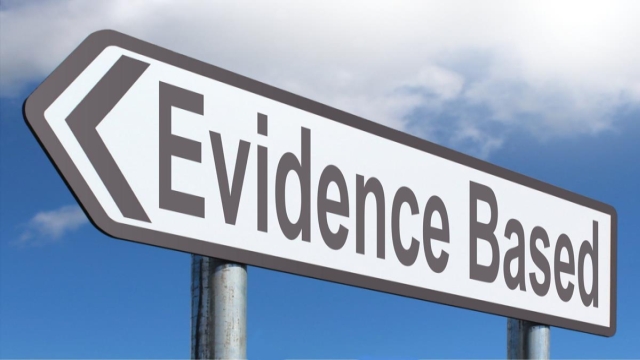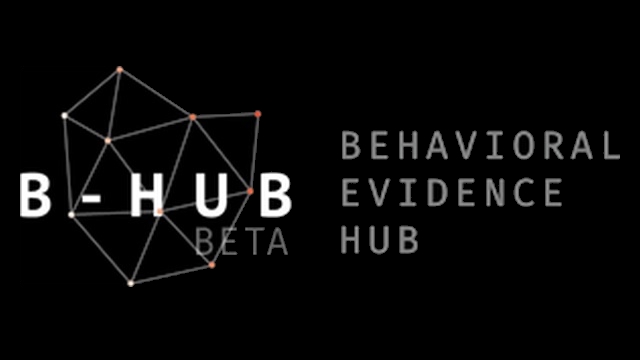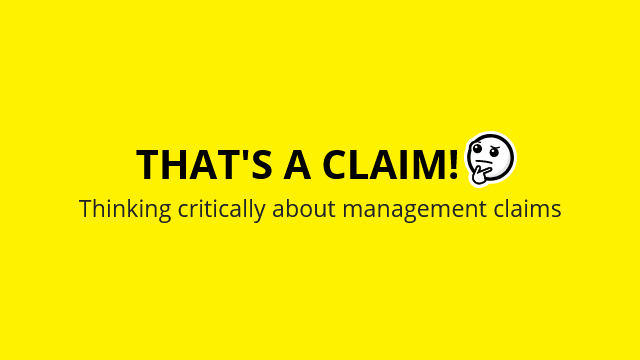
Evidence decision-making tool uses level of confidence assessment
This article is part of an ongoing series of articles on evidence-based knowledge management.
Appraising the trustworthiness and relevance of evidence is an important step in evidence-based practice.
A new Australian Education Research Organization (AERO) Evidence decision-making tool (which can also be viewed below) assists you to do this through:
- assessing how confident you are that a certain policy, program, or other initiative is likely to be effective in your context
- deciding on next steps, including how to implement the initiative given your level of confidence, and how to collect more evidence to increase your confidence in its effectiveness.
The Evidence decision-making tool can be used by an individual or a group, for example, in a planning workshop. It’s designed to be flexible, so you can use it to consider a change to an existing initiative or the introduction of something new.
Article source: Australian Education Research Organization (AERO), CC BY 4.0.
Header image source: Adapted from Evidence Based by Nick Youngson on Alpha Stock Images which is licenced by CC BY-SA 3.0.
Also published on Medium.





